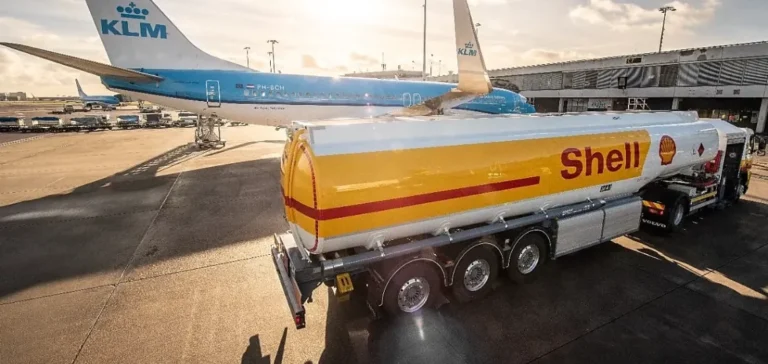Spanish company Moeve has signed an agreement to become the first third-party supplier of sustainable aviation fuel (SAF) to join Shell’s Avelia platform, a digital infrastructure built to scale up this type of fuel. The announcement was made following the official conclusion of the agreement between the two companies.
Avelia is a blockchain-based system operating on a “book and claim” model, enabling traceability of purchases and attribution of carbon credits. Launched in 2022 by Shell in partnership with Accenture and American Express Global Business Travel, the platform connects airlines, fuel producers, and institutional buyers in a certified framework for SAF usage and credit allocation.
Production based on used cooking oil
Moeve operates a facility within its La Rábida Energy Park, where it converts used cooking oil into sustainable aviation fuel. The company plans to increase production capacity to 800,000 metric tonnes per year by 2030 in order to meet growing industry demand.
By mid-2025, Avelia had facilitated the use of more than 41 million gallons of sustainable aviation fuel across 17 international airports. Shell indicated that Moeve’s integration into the platform could strengthen supply diversification and support the global scaling of certified SAF volumes.
A marginal market despite rising demand
Despite increased attention toward emission reduction in aviation, sustainable aviation fuel remains a limited market. According to the International Air Transport Association (IATA), global SAF production is expected to reach 2 million tonnes in 2025, representing approximately 0.7% of total airline fuel consumption.
The main challenge remains the lack of large-scale production infrastructure and the high cost of SAF compared to conventional jet fuel. Integrating independent producers like Moeve into centralised platforms is intended to reduce these barriers while enabling traceable environmental credit allocation.






















